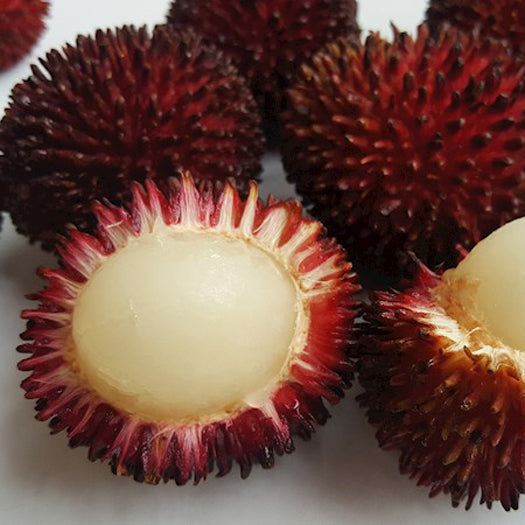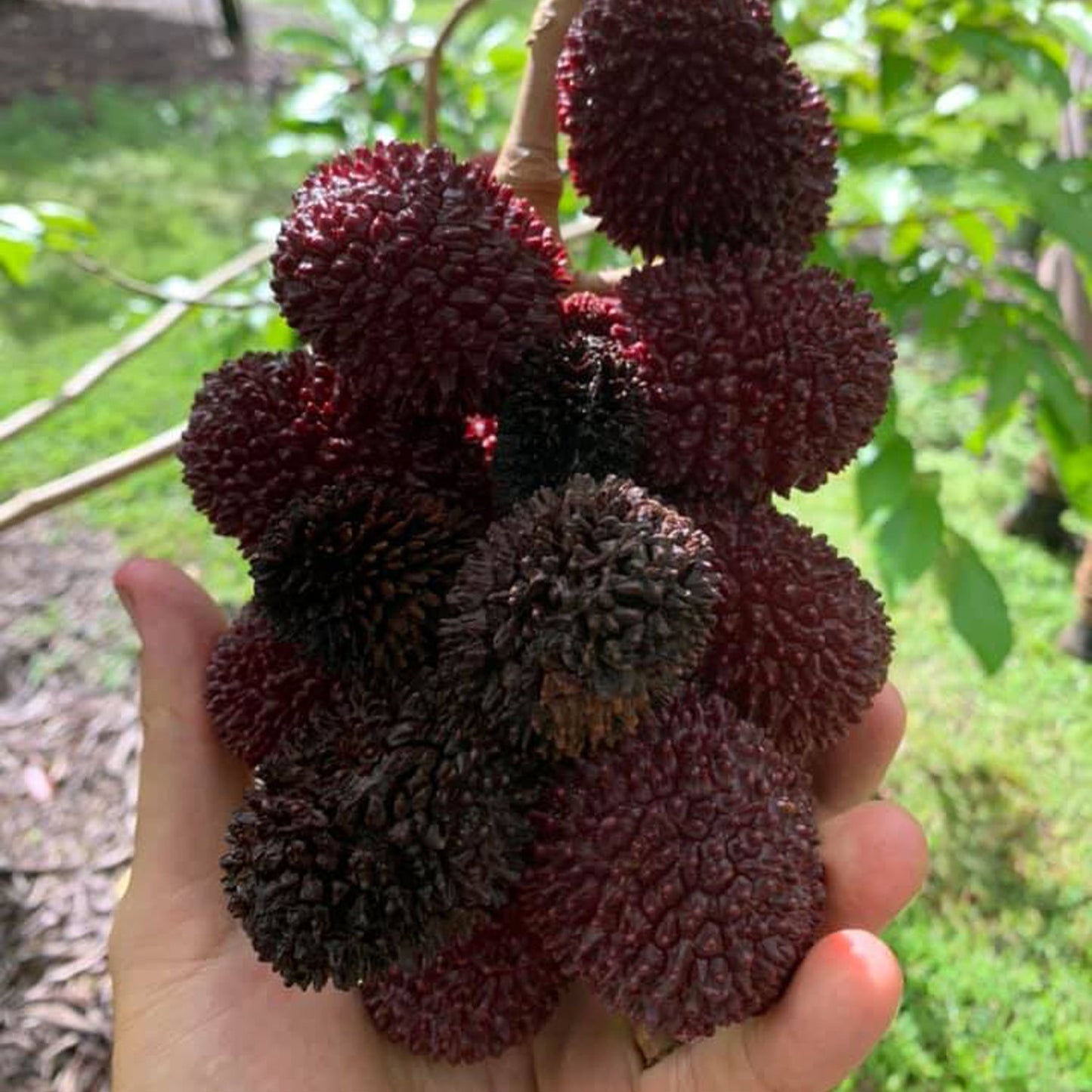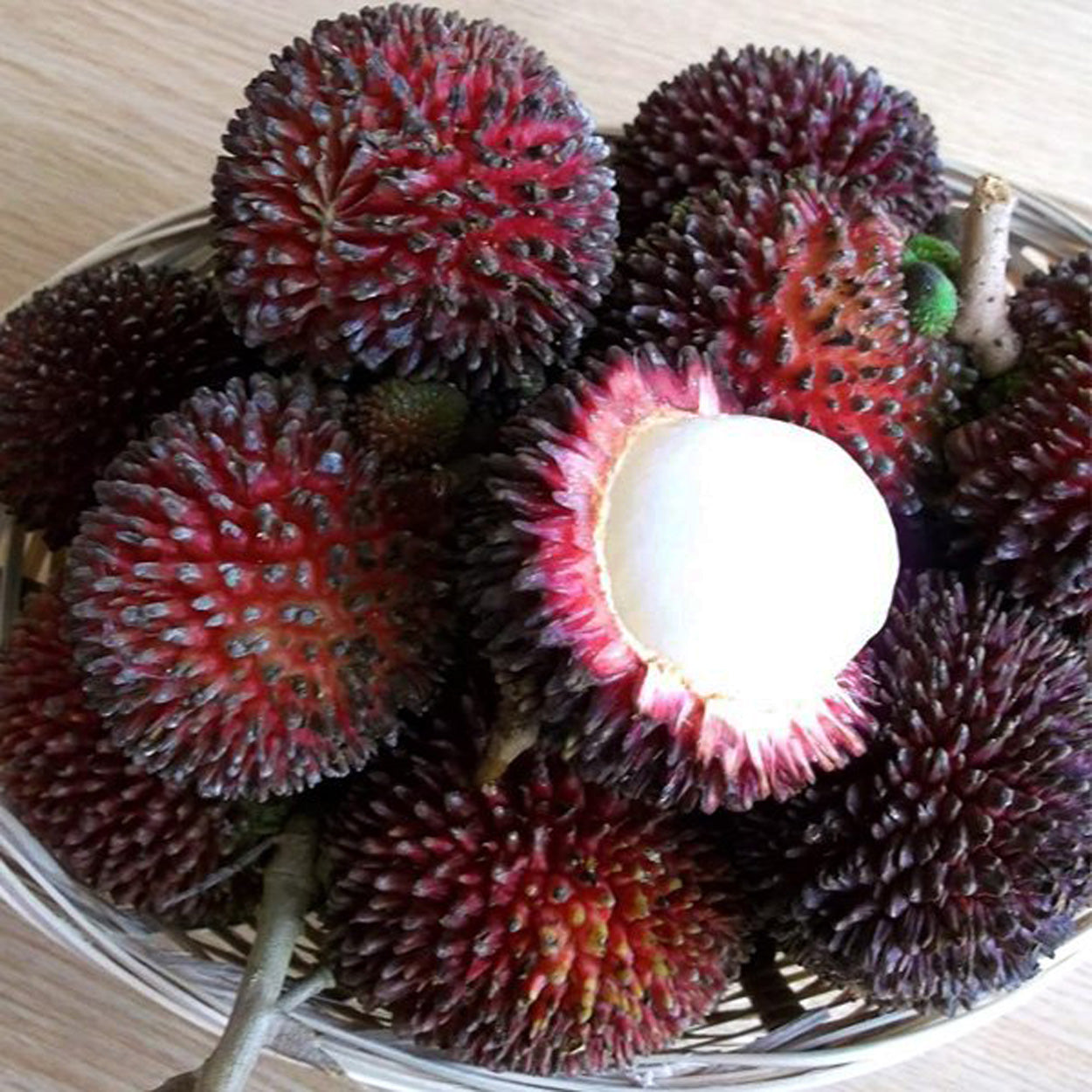Blood Sugar Regulation:
Suitable for individuals with diabetes, as it helps control blood sugar levels.
Digestive Support:
Packed with dietary fiber, Pulasan promotes healthy digestion and alleviates constipation.
Immune System Boost:
Rich in antioxidants, it combats oxidative stress and strengthens immunity.


